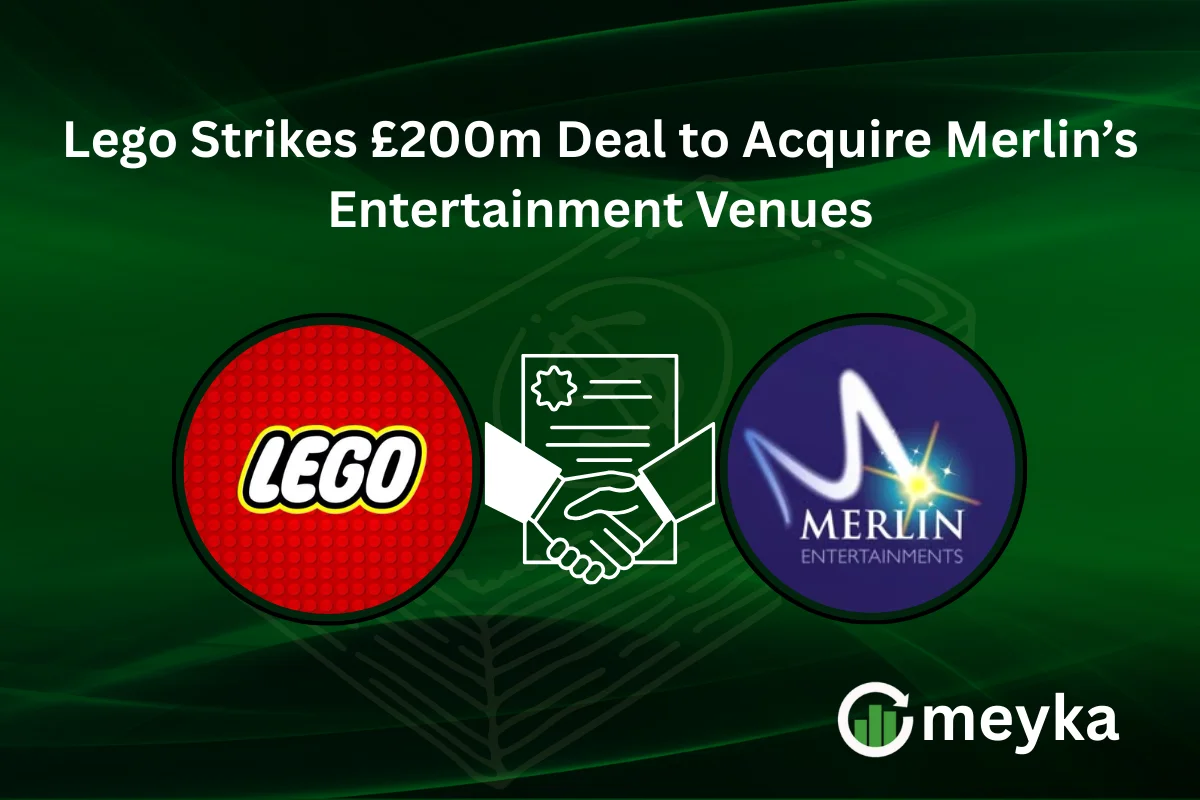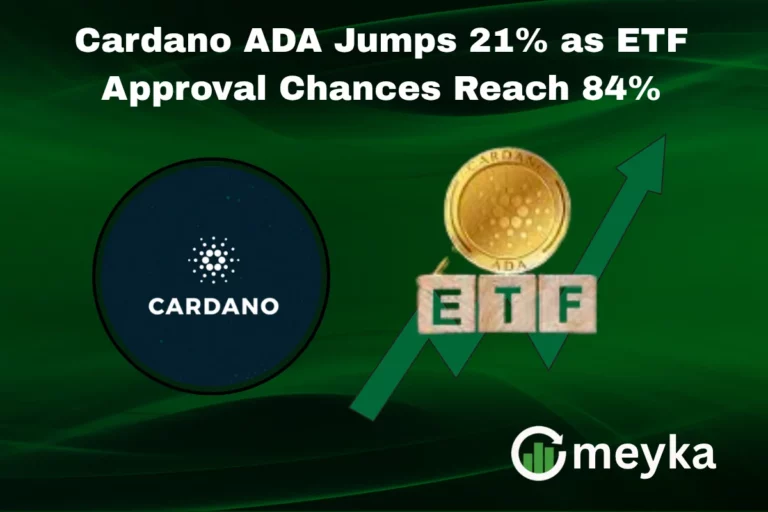Lego Strikes £200m Deal to Acquire Merlin’s Entertainment Venues
The global toy industry has seen some remarkable business moves in recent years, but Lego £200 million acquisition deal with Merlin Entertainments’ venues stands out as one of the most significant. This transaction not only reflects Lego’s ambition to expand beyond its iconic building blocks but also highlights the growing importance of immersive experiences in the global leisure market.
By entering this deal, Lego has secured a greater stake in Merlin Entertainments’ portfolio of attractions, which includes Legoland theme parks and discovery centers across the world. This move strengthens Lego’s brand presence, increases its global reach, and positions it as a serious player in both the toy industry and the leisure and entertainment sector.
Lego’s Expansion Beyond Toys
Lego has long been more than just a toy company. With its global appeal and ability to inspire creativity, the company has transformed into a cultural icon. However, the modern marketplace demands diversification. Consumers are looking for experiences, not just products, and Lego has responded to this demand through partnerships with entertainment providers.
By acquiring Merlin’s venues, Lego is investing in family-focused destinations where its products come to life. This strategy allows the company to create immersive brand experiences, offering visitors the chance to engage with Lego on a physical and emotional level. Families don’t just buy a Lego set anymore; they can step into an entire Lego world.
Merlin Entertainments and Its Global Reach
Merlin Entertainments is one of the largest operators of visitor attractions worldwide. Known for iconic brands such as Madame Tussauds, Sea Life, the London Eye, and Legoland, Merlin has built a reputation for delivering world-class leisure experiences.
Lego already had a strong connection with Merlin through the Legoland brand, but this £200m deal deepens their partnership. For Lego, the acquisition ensures tighter control over the creative and strategic direction of its themed attractions. It also allows toy company to expand in regions where demand for family entertainment is booming, such as Asia and North America.
The Financial and Strategic Impact of the Deal
From a financial perspective, this acquisition represents a long-term growth opportunity. The global toy market has faced fluctuations in recent years, particularly with the rise of digital gaming. By diversifying into theme parks and entertainment venues, Lego is reducing its reliance on toy sales alone.
This move also positions Lego strongly in the stock market conversation. Investors increasingly look for companies that balance tradition with innovation. Lego, although privately owned, demonstrates the kind of strategic thinking that analysts in AI stocks and other growth sectors admire. Its ability to merge creativity, technology, and customer experience makes it an example worth studying for stock research and corporate growth strategies.
Creating a Global Lego Experience
The appeal of Lego lies in its universality. Children and adults around the world recognize the brand, and it evokes both nostalgia and creativity. By controlling more of Merlin’s venues, Lego can ensure that its brand identity remains consistent while offering innovative new attractions.
For instance, Legoland parks and discovery centers not only showcase Lego-themed rides and activities but also integrate digital and physical play. This hybrid model is particularly appealing to today’s families, who value hands-on experiences while still being connected to technology. The acquisition will likely lead to new attractions, more interactive exhibits, and expanded locations worldwide.
Challenges Ahead
Despite the excitement surrounding the deal, challenges remain. Operating entertainment venues is a very different business compared to selling toys. Theme parks and attractions involve high operational costs, seasonal fluctuations, and vulnerability to global events such as travel restrictions.
Lego must also balance the growth of its entertainment division with its core business of toy production. While diversification is essential, overextension could dilute the brand’s focus if not managed carefully.
Nonetheless, Lego has a strong track record of adaptability. Having survived near-bankruptcy in the early 2000s, the company has proven that it can reinvent itself while staying true to its brand identity.
Industry Reactions
Industry experts see this acquisition as a bold yet logical step. Analysts suggest that Lego’s investment in Merlin’s venues will enhance its global influence and create a new revenue stream. It aligns with the broader trend of toy companies moving into entertainment.
For instance, companies like Disney have long leveraged their intellectual properties across multiple platforms, from merchandise to movies to theme parks. Lego is now taking a page from the same playbook, ensuring that its brand remains relevant in a competitive landscape.
What This Means for Consumers
For families and Lego fans, this acquisition means more immersive experiences in more locations. Visitors can expect new attractions, upgraded facilities, and innovative ways to interact with the LEGO brand. The deal also signals long-term stability for Legoland parks, which remain beloved destinations for millions of families worldwide.
At the same time, consumers will likely see Lego expanding its cross-platform offerings, linking toys, digital apps, films, and real-world attractions into one cohesive brand ecosystem.
The Future of Lego and Merlin’s Partnership
The £200 million deal is more than just a financial transaction. It represents a shared vision for the future of family entertainment. Lego and Merlin Entertainments are now better positioned to deliver world-class attractions, combining creativity with operational expertise.
As demand for immersive, interactive experiences continues to rise globally, this partnership ensures that Lego remains at the forefront of innovation. With strong financial backing, a beloved global brand, and a trusted partner in Merlin, Lego’s future in the entertainment sector looks bright.
Conclusion
The acquisition of Merlin’s entertainment venues by Lego marks a new chapter in the company’s history. It signals a commitment to expanding beyond toys, creating a global ecosystem of products and experiences that reinforce brand loyalty.
This deal places Lego firmly in the leisure and entertainment sector, ensuring that its influence extends far beyond toy shelves. For consumers, it promises new adventures, for investors, it showcases a long-term strategy, and for the industry, it sets a benchmark for how creativity can be turned into global success.
FAQs
It means more immersive Lego-themed attractions, upgraded facilities, and new experiences for families around the world.
Lego aims to diversify its business by moving beyond toy sales and creating long-term brand experiences through theme parks and discovery centers.
The deal strengthens Lego’s role as a leader in family entertainment, setting the stage for further expansion in regions with growing demand.
Disclaimer:
This content is made for learning only. It is not meant to give financial advice. Always check the facts yourself. Financial decisions need detailed research.






